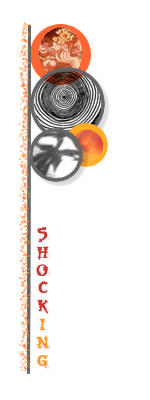 |
In the Quarto version of King Lear, law functions as "a powerful
metaphor for man's attempt to order and control his expereince, as
in the trial on the heath in King Lear" (JDE
433). Just as Cordelia is able to disrupt Lear’s ordered
sanity with her “Nothing,” control of the something that
is created by structure and language can make sense: “Man has
developed formal legal process to deal with disorder in society, [to]
harness the threat of chaos by constructing context within which we
can begin to control it. The trial ends the long, wild sequence on
the heath, and after it Lear, for the first time, is able to sleep"
(431-2). The fragmented body of Lear
may be able to assume wholeness again: “This rest might yet
have balmed thy broken sinews” (3.6.98).
The love trial scene suggests that Lear “hath ever but slenderly
known himself" as he calls for a demonstration of what should
be a part of his own self-knowledge. Both Goneril and Regan condemn
Lear’s own blindness as "The best and soundest of his time
hath been but rash...." (I.i.292-95).
Lear begins to more critically interrogate himself and those around
him in a way that reveals a belief in mutability.
“What art thou?” becomes the crucial question of the text
that undoes any prior sense of stability. Words unravel: “Are
you our daughter?...Doth any here know me? This is not Lear…Who
is it that can tell me who I am?” (1.4.220-24).
The words king, daughter, fool, Lear all fall into question—and
Lear looks to others to tell him. As Edgar demonstrates, the power
to construct your own meanings is certainly
something: “That’s something yet! Edgar I nothing am”
(2.3.21).
|
|
